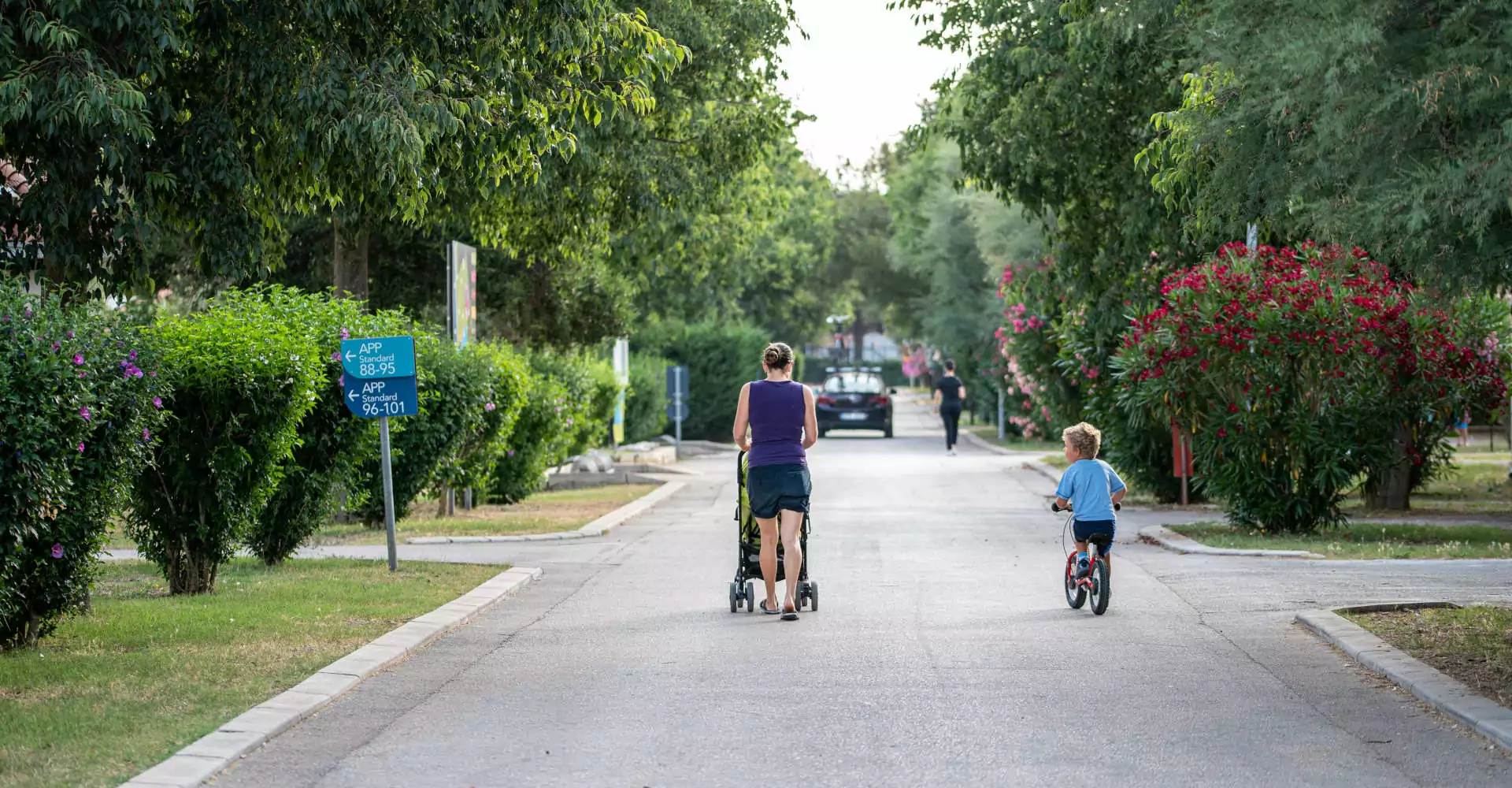9 December 1989 marks the date on which the United Nations General Assembly proclaimed the International Year of Families, which is celebrated every 15 May with well-defined goals.
One of them is to spread greater global awareness “about social, economic and demographic processes affecting families around the world“.
Families and women’s employment
However, when it comes to families, the data on women’s employment is embarrassing, revealing that around 89% of countries around the world have no maternity leave, a percentage that reaches peaks that are incomprehensible, to say the least, when it comes to “paternity leave” (source onuitalia.it).
Furthermore, the increased use of digitalisation and so-called “smart working“, while it has increased employment opportunities in general, has also increased the pressure of family management on women’s shoulders.
In other words, it is taken for granted that when it comes to families, there is no need to worry legislatively about whether things are going in the right direction or not, but today, considerin the rights of girls and boys as well as respect for the members of all kinds of families, regardless of race, religion, education, cultural level, sex and gender, is more urgent than ever.

 Fasana, ISTRIA
Fasana, ISTRIA 

